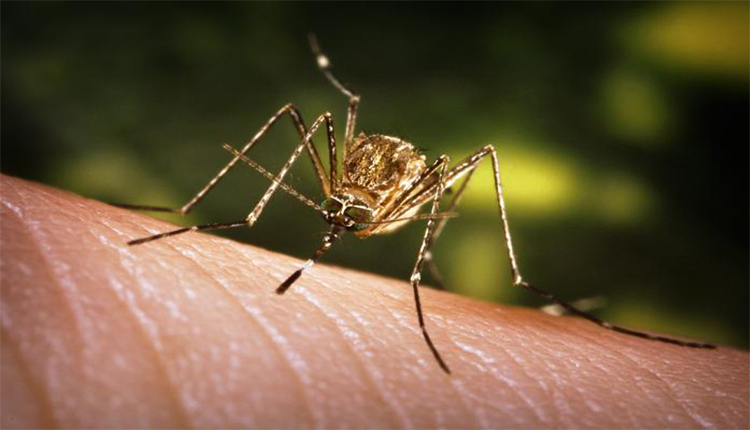New Delhi: During the COVID-19 pandemic, India was ravaged throughout the country, and now the country might be harboring another deadly health risk. A deadly but occasional disease, JE, which is caused by a virus transmitted through the bite of an infected mosquito, has erupted in the West Zone of Delhi’s Bandipur. Health officials and citizens are, however, worried after MCD authorities came out to confirm the first case in Delhi.
Quite similar to dengue fever, Japanese encephalitis is also transmitted through mosquitoes. But at the same time, it resembles features of bird flu, which is viral and affects humans through infected birds, pigs, and mosquitoes. Different health professionals have emphasized precautions and preventive measures because JE is considered a potential threat to public health.
About Japanese Encephalitis:
Japanese Encephalitis is an acute viral disease that results from infection with the Japanese Encephalitis Virus (JEV) through mosquitoes, which have fed on infected animals or birds. When these mosquitoes bite humans, they instill the virus in the human blood system and act on the nervous system as it causes severe inflammation of the brain. JE is also known as ‘Brain Fever’, denominationally, as it has tight bearings on the brain if left untreated.
Signs and Development of Disease
JE symptoms usually surface between five and fifteen days after a person has been bitten by a mosquito. Common symptoms include:
High fever
Severe or persistent headache
Muscle pain
Headache may be accompanied or followed by nausea or vomiting
Sometimes the patients may develop what is referred to as seizures
Symptoms of the disease worsen as time passes, and the infection could even spread to the brain, after which it becomes almost impossible to treat. This can finally result in death or, if the patient survives the attack, in the long term, neurological defects such as amnesia, motor dysfunction, or speech disturbances.
How is it diagnosed?
A Japanese encephalitis diagnosis is often followed after doctors analyze cerebrospinal fluid (CSF) test results. Blood tests are also done to check for antibodies that may well be associated with the presence of the virus (JEV) in the human body. Prevention of deaths still depends on early diagnosis to increase the likelihood of treatment.
Why JE is dangerous
Medical professionals divided JE into three categories of high fatality with a high CFR disease. As we know, the virus targets everyone, regardless of their age; children are more at risk of suffering complications. This is in light of the fact that neurologically, the survivors are left with differing levels of disability, meaning the disease is deadly. JE can be fatal if left untreated, and if the disease advances, death is likely in the majority of cases.
Call for precautions
One case of infection has already been reported in Delhi, prompting the health ministry to call on members of the public to be cautious. Some of the methods that can be taken to minimize the chance of getting bitten include control of mosquitoes, avoiding areas with water where they breed the most, and using nets and repellents. Moreover, authorities have also suggested that children, mainly those living in the JE-affected regions, should be vaccinated since it remains one of the best methods of preventing the disease.
No outbreak has been confirmed to date. However, the scare from this single case in Delhi’s Bandipur area has started to spread and causes concern among the authorities. To prevent further spread, authorities have recommended the Delhi government improve vector control and start public health campaigns.



Comments are closed.